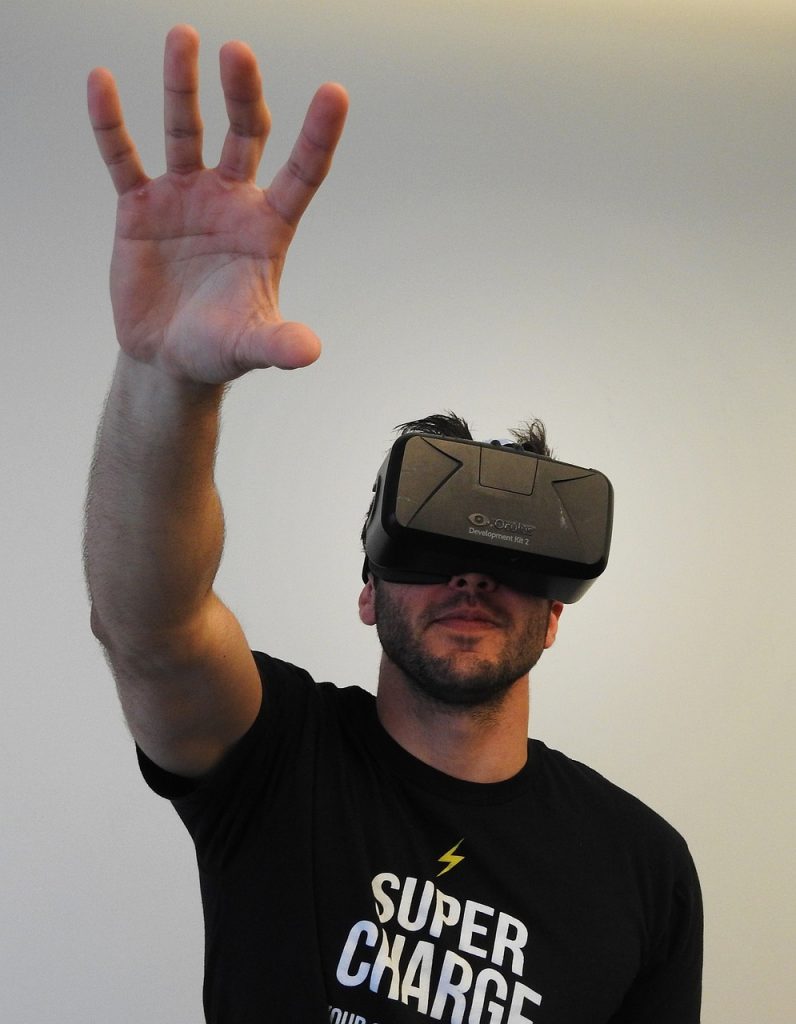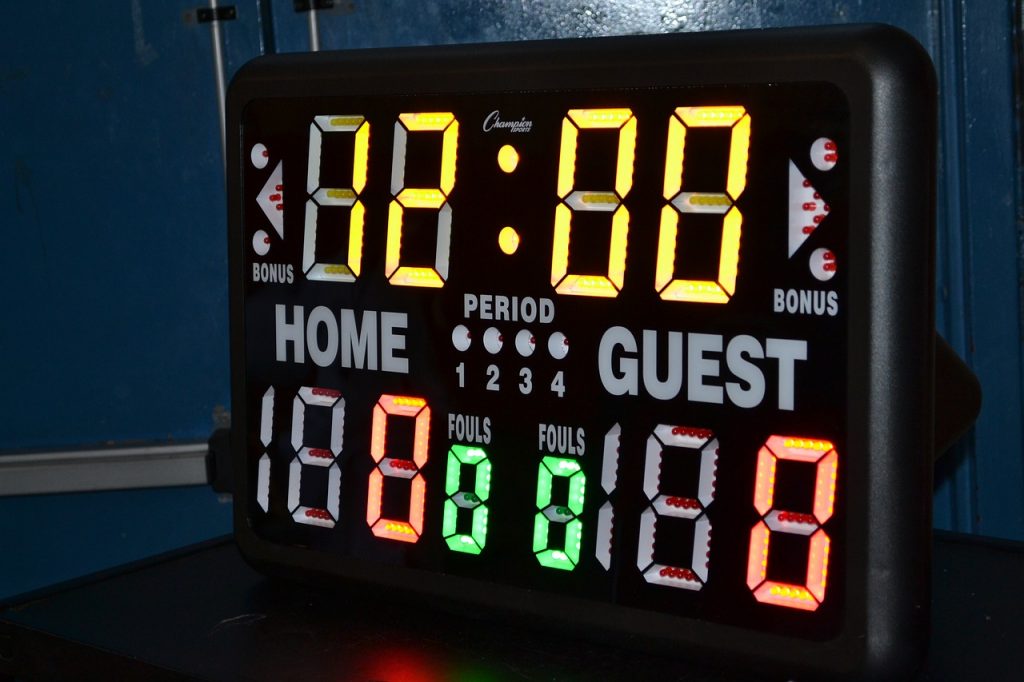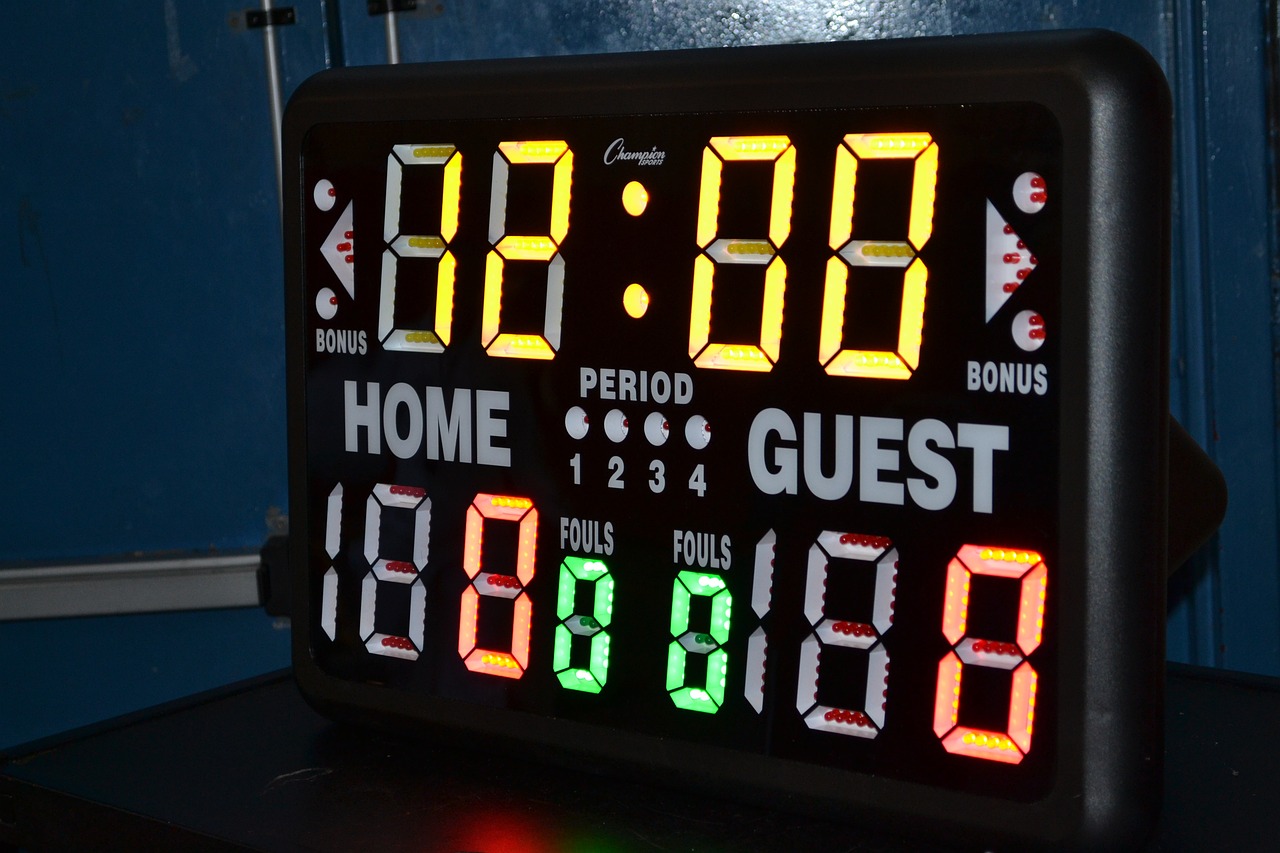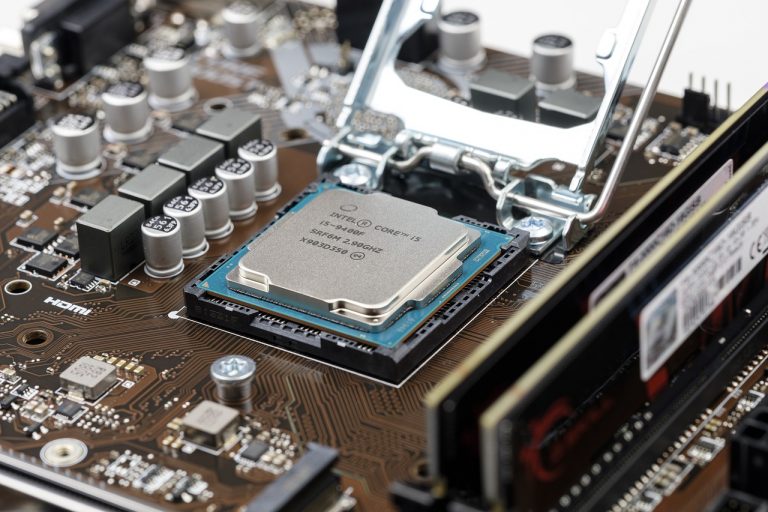Introduction
Gaming peripherals have come a long way since the early days of simple joysticks and paddles. In the world of gaming, controllers play a pivotal role, evolving alongside the industry itself. This article delves into the intriguing history and transformation of gaming peripherals, exploring how controllers have shaped the gaming experience over the years.
Early Days: Simple Joysticks and Paddles
The roots of gaming controllers trace back to the era of arcade games, where players manipulated simple joysticks and paddles. These rudimentary devices set the stage for what would become an integral part of the gaming landscape.
Console Wars and the Birth of Iconic Controllers
As the console wars unfolded, iconic controllers emerged. Atari, Nintendo, and Sega played significant roles in defining the standard features we associate with controllers today. The introduction of directional pads (D-pads) and action buttons marked a turning point in gaming history.
The Rise of Analog Sticks
The advent of analog sticks revolutionized gaming, offering a level of precision and control that was previously unimaginable. Sony’s DualShock controller and Nintendo 64’s innovative analog stick paved the way for a new era of gaming immersion.

Wireless Freedom: Bluetooth Controllers
The transition to wireless controllers, powered by Bluetooth technology, brought newfound freedom to gamers. We explore the advantages of wireless controllers and how they have transformed the gaming experience.
Motion Controls: A Game-Changing Era
Nintendo’s Wii introduced motion-sensing controllers, shattering traditional gaming paradigms. The era of motion controls unfolded, with Sony’s Sixaxis contributing to the trend. This section examines the impact of motion gaming on the industry.
Customization and eSports: A Modern Perspective
In the contemporary gaming landscape, customization is key. We explore the emergence of customizable controllers and the profound influence of professional gaming on the design of gaming peripherals.
The Battle of Brands: Xbox vs. PlayStation
The battle between Xbox and PlayStation extends beyond the console realm. We trace the evolution of Xbox controllers and delve into the innovative features of the PlayStation DualSense controller.
PC Gaming: Keyboards and Mice vs. Controllers
While keyboards and mice dominate PC gaming, controllers have carved a niche for themselves. This section evaluates the role of controllers in PC gaming, weighing their advantages and disadvantages.
Smart Controllers: Integrating Technology
Modern controllers integrate cutting-edge technology, from touchscreens to haptic feedback. We explore the impact of AI on gaming controllers and how these technological advancements enhance the gaming experience.

Ergonomics and Accessibility
Ergonomic design is crucial for a comfortable gaming experience. This section discusses the importance of ergonomic controllers and the strides made in creating inclusive designs for differently-abled gamers.
Future Trends: What Lies Ahead?
As technology continues to advance, virtual reality and augmented reality controllers are on the horizon. This section speculates on the future of gaming peripherals and the potential innovations that await gamers.
Impact on Game Development
Controllers don’t just influence gameplay; they also shape game development itself. We examine how controllers impact game design and the adaptations made by developers to accommodate evolving controller technologies.
Consumer Reviews and Feedback
To gauge the success of controllers, we analyze consumer reviews and feedback. This section delves into common concerns and praises voiced by users, providing insights into the real-world impact of gaming peripherals.
Conclusion
In conclusion, the evolution of gaming peripherals is a dynamic journey that mirrors the ever-changing landscape of the gaming industry. From humble beginnings to the era of smart controllers, the impact of these devices on gaming is undeniable, and their influence will likely continue to shape the future of interactive entertainment.
Frequently Asked Questions
- Are gaming controllers only for consoles, or are they relevant for PC gaming as well?Gaming controllers have expanded beyond consoles and are widely used in PC gaming. Many PC games support controller input, offering players a versatile gaming experience.
- How has the design of controllers evolved to accommodate differently-abled gamers?In recent years, there has been a focus on creating inclusive designs for controllers, considering factors like accessibility, comfort, and adaptability to cater to a broader range of gamers.
- What are the key features that set apart controllers from different brands, such as Xbox and PlayStation?Controllers from different brands often have unique features, such as the innovative haptic feedback in the PlayStation DualSense or the ergonomic design and compatibility with Windows in Xbox controllers.
- Do motion-sensing controllers still play a significant role in modern gaming?While motion-sensing controllers may not dominate the gaming scene as they did during their peak, they continue to have relevance, especially in certain genres and gaming experiences.
- What role do controllers play in influencing game development?Controllers play a crucial role in shaping game design, influencing how players interact with games. Game developers often consider the capabilities and limitations of controllers when designing gameplay mechanics.












+ There are no comments
Add yours